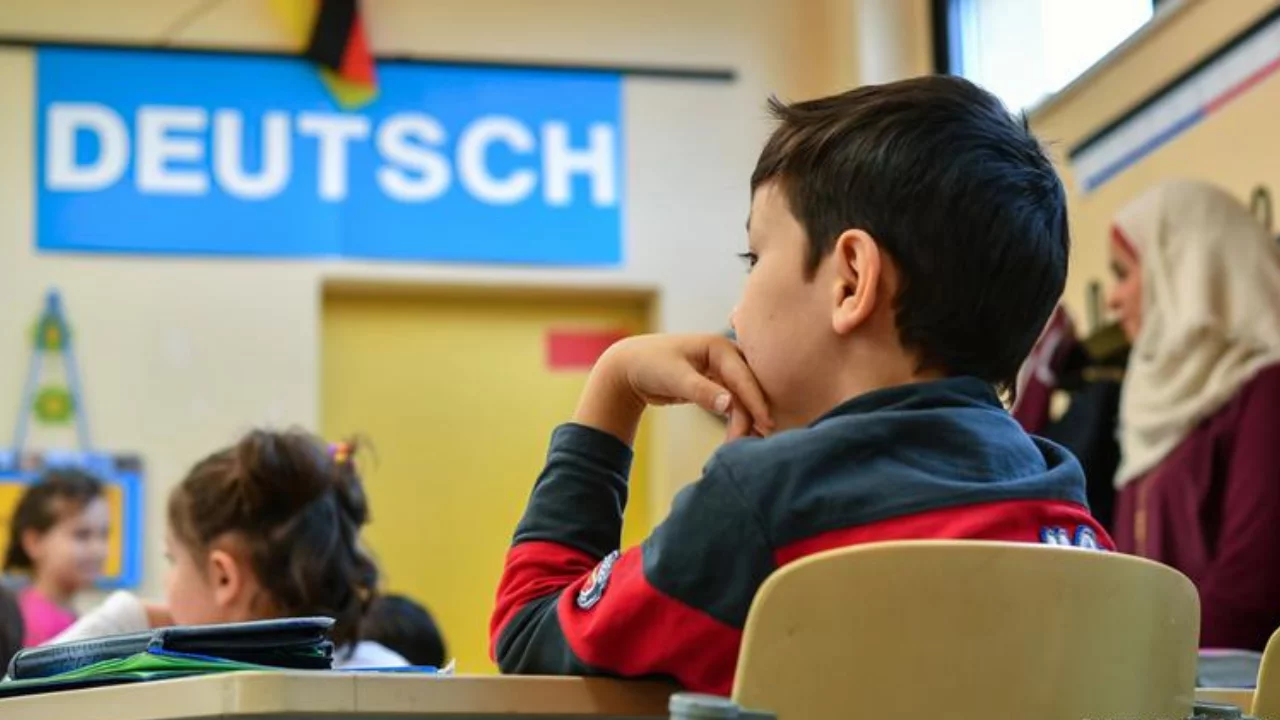
The German government has decided to implement a new and unusual program to secure the financial future of young people and introduce them to pension funds from an early age. According to this initiative, each schoolchild will be allocated 10 euros per month, which will be invested in their future pension account. This is reported by CNBC.
As part of the program, a special pension account will be opened for each schoolchild from 6 to 18 years old, and a state-set amount of 10 euros will be transferred to this account every month. Thus, by the time students graduate from school, they will have accumulated an initial capital of approximately 1,500 euros. These funds will be stored as a long-term investment and, together with interest, can be withdrawn by students upon reaching retirement age.
So far, it is planned to finance the funds necessary for the implementation of this new project from state funds. However, it is not yet clear what investment instruments these funds will be held in and which organization will manage them. Also, full information about the investment interest rates and future total fund amounts has not yet been disclosed.
Another feature of the program is that upon reaching adulthood, German citizens will have the opportunity to add their personal funds to this account within the limits set annually. However, these funds will only be available for withdrawal upon reaching retirement age (which will be 67 in Germany from May 2025).
The German government hopes that this new program will provide the younger generation with starting capital for their future pension fund, as well as increase the level of financial literacy. It is planned to arouse interest in young people in managing their own funds and making investments.
However, some financial experts are skeptical about this project. They believe that the initial amount of 1,500 euros may become a very small amount when they reach retirement age and may have only symbolic meaning for many. At the same time, experts note that in this program, young people do not directly participate in the investment process, they only passively receive funds and interest. This, they say, limits the possibility of instilling financial literacy and interest in investments.
This is because the investment process of funds in young people's accounts is managed by third parties, and young people do not have the opportunity to make investment-related decisions. Therefore, some analysts assess this initiative as a way to slightly improve their financial security, rather than a possibility of significantly increasing the financial literacy of young people.
At the same time, there are supporters of the program. They emphasize that the monthly transfer of these funds to the accounts of young people and their regular notification of this will help to form an idea of saving and financial planning in the younger generation. This will instill a sense of personal financial responsibility in young people.
This new project being implemented in Germany can be an important step in changing the attitude towards future pension provision and increasing the interest of the younger generation in money-related issues. At the same time, it is possible that such projects will become an example for countries around the world and will be implemented in other countries.
In conclusion, this new German program is seen as an important step in supporting young people financially in the future and developing their financial knowledge. As a result, in the future, the younger generation can become a generation that can manage their finances wisely not only when they reach retirement age, but also at all stages of their lives. Read “Zamin” on Telegram!
Ctrl
Enter
Found a mistake?
Select the phrase and press Ctrl+Enter Related news
Information
Users of Меҳмон are not allowed to comment this publication.
Users of Меҳмон are not allowed to comment this publication.














